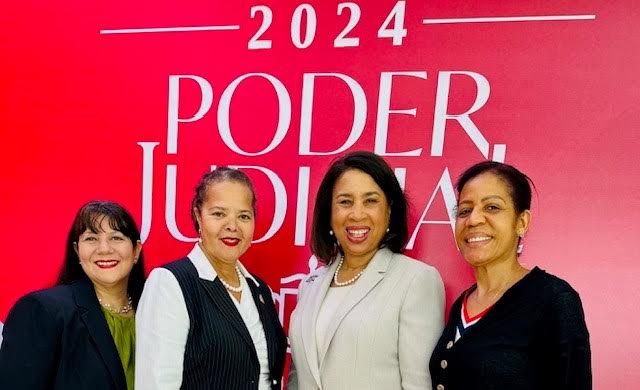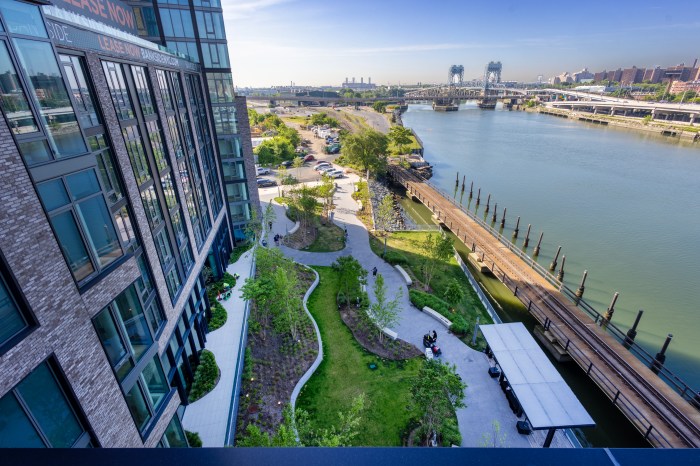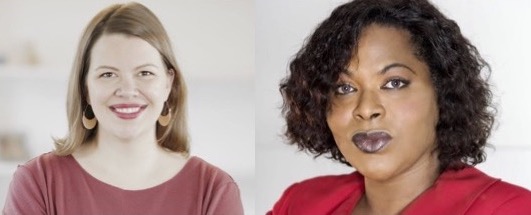Judges of Dominican ancestry assigned to courts in the City of New York were invited to participate in the Conferencia 2024 Poder Judicial, Judicial Powers 2024 Conference, in the Dominican Republic from April 25-27 of this year.
The conference was organized by the country’s Office of Judicial Powers, Poder Judicial, and their Judicial University, Escuela Nacional de la Judicatura, a prerequisite to being able to serve as a judge there. In attendance were jurists and attorneys from around the world, including Argentina, Brazil, Chile, Florida, France, Mexico, New York, Perú, Puerto Rico, Spain, Uruguay, and Washington, D.C.
Justice Patria Frias-Colón — currently assigned to the Supreme Court, Civil Term of the State of New York in Kings County — and Judge Fiordaliza Rodriguez — currently assigned to the Family Court for the City of New York in Bronx County — were invited to participate in an important panel discussion regarding plea bargaining in the penal and juvenile justice systems.
As a result of a 1994 constitutional reform, the Dominican Republic created its national Supreme Court in 1997. Part of this constitutional reform included the vision of its first presiding justice, Dr. Jorge A. Subero Isa, whose mission was to improve the country’s judicial system with the beginning of periodic Judicial Conferences. The goal of the conferences was to include all court stakeholders to come up with ways to ensure justice for all as expected by the society in which it was to be dispensed.
This was the sixth of such conferences with a focus on three main themes: A review of the current state of the judiciary, how to ensure justice for all in the future that will guarantee dignity for all persons, and institutional integrity.
The prior five conferences were held with differing focuses in mind. The conference in 2000 focused on judicial ethics; in 2001 the focus was the modernization of the judicial system and standardizing procedures and protocols; in 2002 the focus was judicial security and looking at it as a base for the country’s economic development; in 2003 the focus was implementing a judicial communication system to report on judicial news to create more transparency of the judicial system; and in 2016 the focus was judicial independence, access to justice, and efficiency — from filing to final resolution, coordination within the country’s judicial institutions, judicial integrity in labor cases, and employment opportunities within the judiciary.
The conference opened with remarks by the President of the Dominican Republic, Luis Rodolfo Abinader Corona, and presiding Justice of the Supreme Court Henry Molina. It included three days of plenary sessions and panels on a variety of topics, including a keynote address by Chief Judge Anna Blackburne-Rigsby of the District of Columbia Court of Appeals, improvements to the penal courts, consideration of post-release supervision, advances in judicial careers, a masterclass on real estate sales and ownership rights, ethical dilemmas in judicial service and new judicial disciplinary rules, and artificial intelligence to improve the judicial system
For more coverage, follow us on Twitter, Facebook and Instagram @bronxtimes























